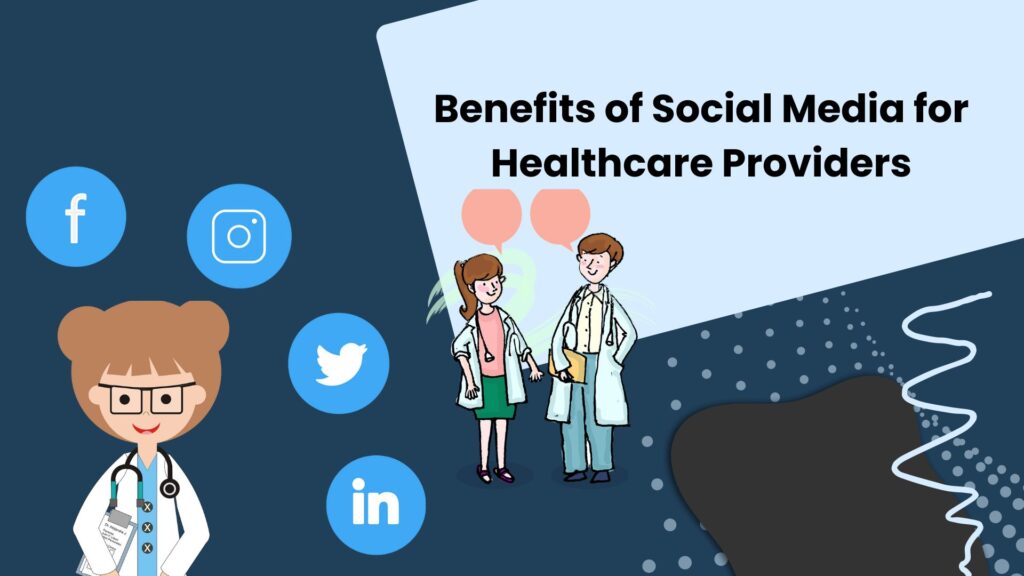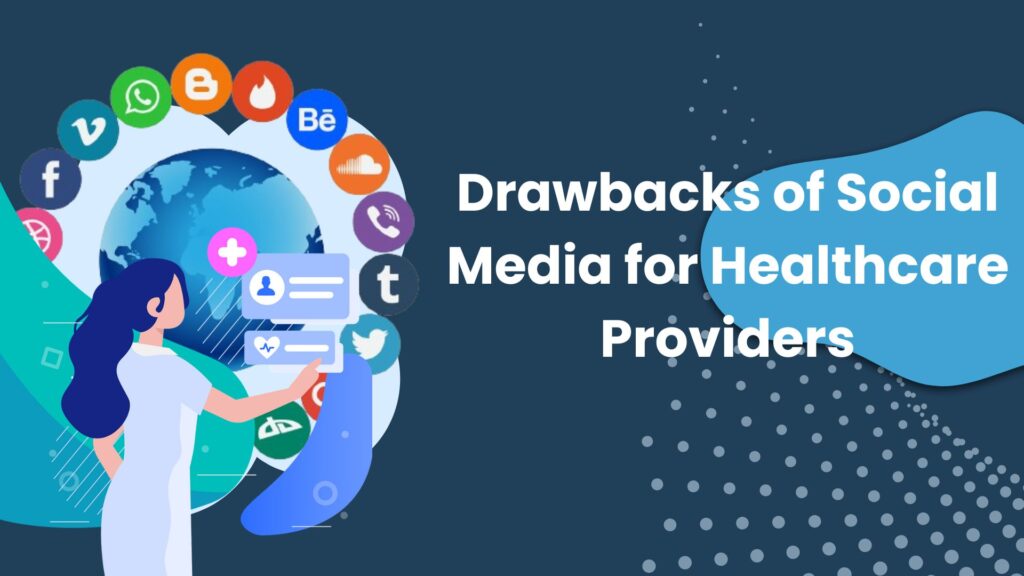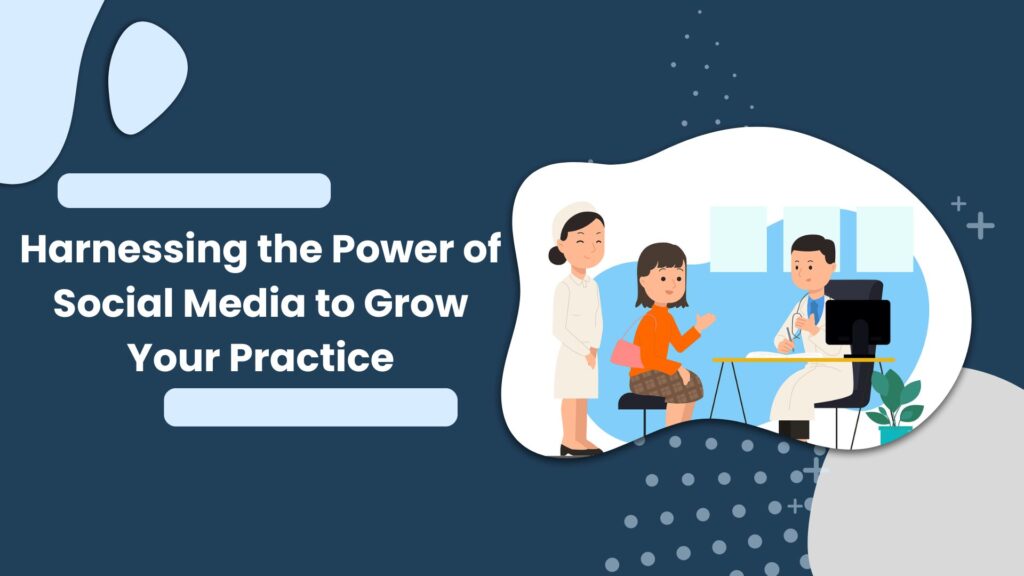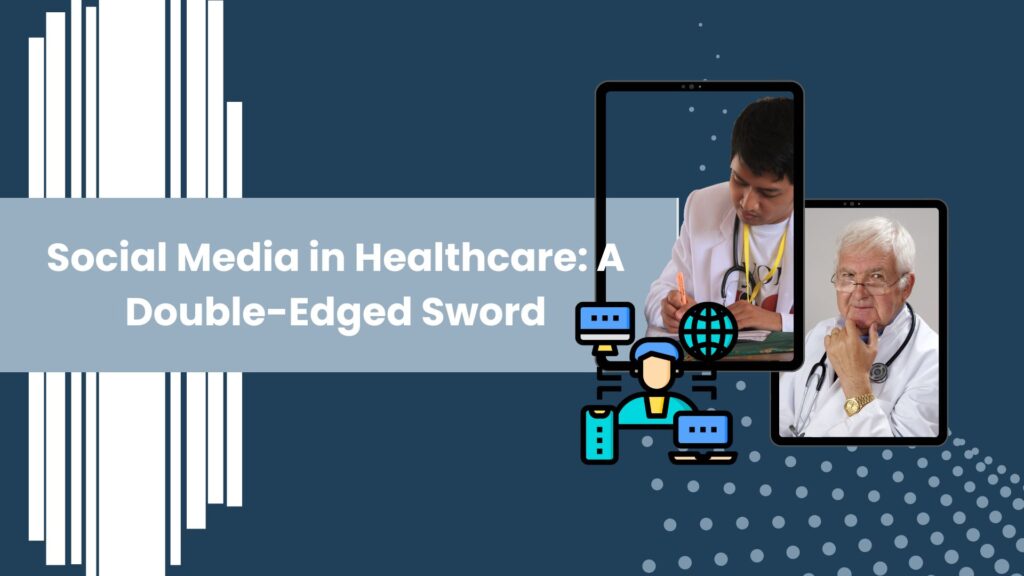Social media has become an undeniable force in our lives, and the healthcare industry is no exception. While it offers a powerful platform for patient education, engagement, and practice promotion, there are also significant drawbacks to consider. This article explores both the advantages and disadvantages of social media use in healthcare.
Benefits of Social Media for Healthcare Providers

- Enhanced Patient Engagement: Social media allows healthcare providers to connect with patients beyond the traditional office setting. Informative content, educational resources, and interactive Q&A sessions can foster trust and build stronger patient relationships.
- Increased Visibility and Reach: A strong social media presence makes it easier for potential patients to discover your practice. By leveraging targeted marketing strategies, you can reach a wider audience and attract new patients.
- Cost-Effective Marketing: Social media platforms offer a relatively inexpensive way to promote your services and educate the public about healthcare topics. Organic reach, combined with paid advertising options, allows for flexible marketing strategies.
- Improved Reputation Management: Social media allows you to actively manage your online reputation. Responding to patient reviews and feedback demonstrates transparency and builds trust.
- Recruitment Tool: Social media platforms can be a valuable tool for attracting qualified healthcare professionals to your practice.
Drawbacks of Social Media for Healthcare Providers

- Security and Privacy Risks: Patient privacy is paramount in healthcare. Social media platforms can introduce security vulnerabilities, and accidental data breaches can have serious consequences. Strict adherence to HIPAA regulations is crucial.
- Misinformation and False Advertising: The spread of misinformation is a major concern on social media. Healthcare providers must be vigilant in combating false information and ensuring the accuracy of all content they share.
- Lack of Control Over Content: Once information is posted online, it can be difficult to retract. Negative comments or patient reviews can damage your reputation, and managing online conversations requires careful attention.
- Time Commitment: Maintaining an active and engaging social media presence requires significant time and effort. Creating quality content, responding to comments, and monitoring online activity can be a burden for busy healthcare professionals.
- Potential for Self-Diagnosis: Patients may use social media to self-diagnose medical conditions instead of seeking professional medical advice. Healthcare providers must emphasize the importance of consulting a doctor for any health concerns.
Conclusion

Social media offers a valuable toolkit for healthcare providers, but it’s a tool that must be wielded with caution. By carefully considering the benefits and drawbacks, healthcare professionals can develop a social media strategy that enhances patient care, promotes their practice, and protects patient privacy. Consulting with a social media marketing professional can be helpful in navigating the complexities of social media and maximizing its potential for your healthcare practice.

